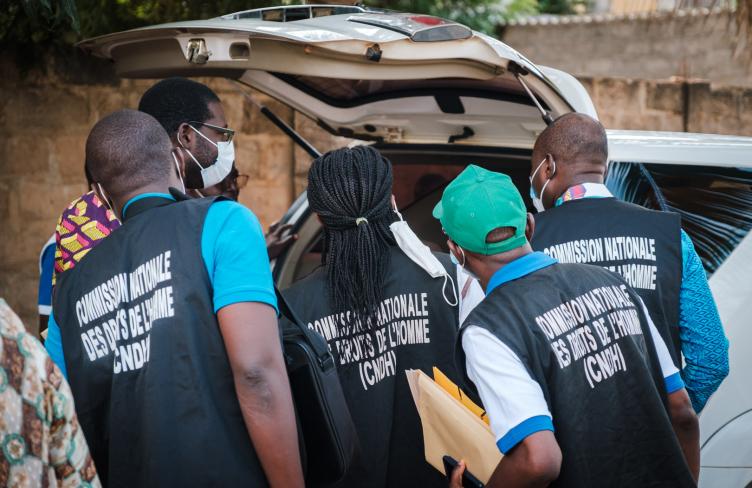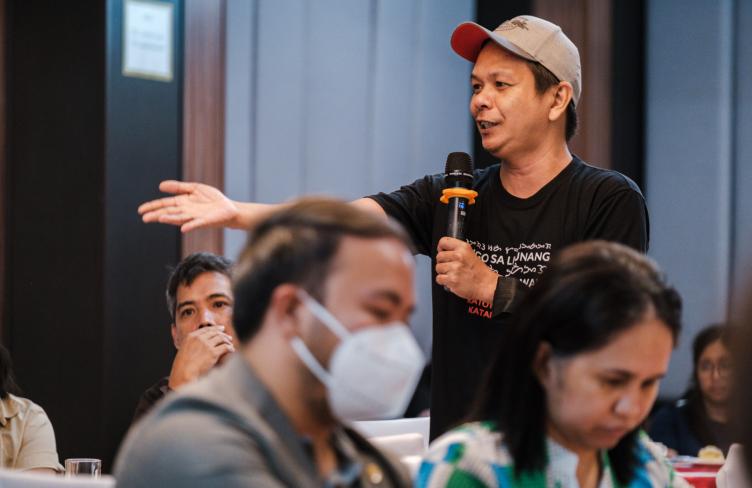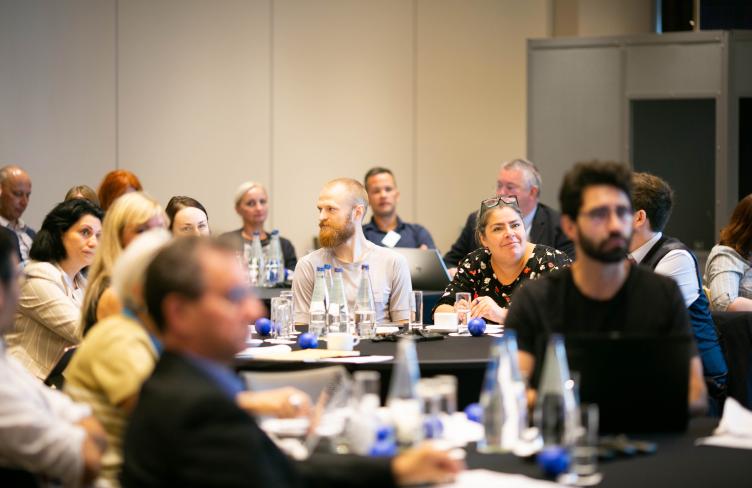
The APT works globally to prevent torture and ill-treatment.
Drawing on our history of research, innovation and advocacy, we engage with States, the United Nations, regional bodies and other institutions to promote effective policy and practice.
We continue to build international awareness of and support for the Méndez Principles on Effective Interviewing, which has the backing of more than 60 States.
The APT also works at the national level, with a focus on Africa, Latin America and Asia Pacific.
We develop and implement holistic torture prevention strategies, working in collaboration with local partners and the authorities to respond to pressing issues and national priorities.
The APT has staff members in Bangkok, Dakar, Mexico City and Rio de Janeiro, as well as in our Geneva head office.
Our priority countries
APT’s global work is complemented by focused activities in priority countries, identified based on strategic criteria. In these countries, we commit to sustained, long-term engagement with dedicated staff time and resources. This allows us to implement comprehensive torture prevention strategies, from promoting legal safeguards to supporting national oversight mechanisms and addressing the needs of persons at heightened risk.
APT selects its priority countries based on nine criteria, including political will, the presence of committed local actors, the level of stability and security, and the availability of the necessary human and financial resources. The opportunity for torture prevention work in the country to have a positive impact in the broader region or beyond is also taken into account. This approach ensures that our work is both impactful and complementary to the efforts of local and international partners. The list of priority countries is reviewed annually and currently comprises 10 countries:
- Africa – Gabon, Madagascar, Senegal, South Africa and Togo
- Asia-Pacific – Mongolia and Thailand
- Latin America – Brazil, Chile and Uruguay.
In addition to our work in priority countries, we also respond to specific opportunities and requests in other contexts through planned activities or targeted, ad hoc support, when aligned with our strategic goals and capacities.



